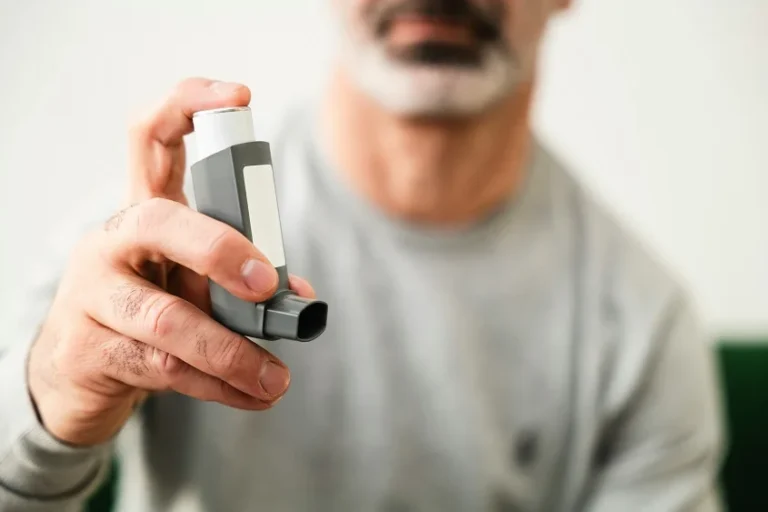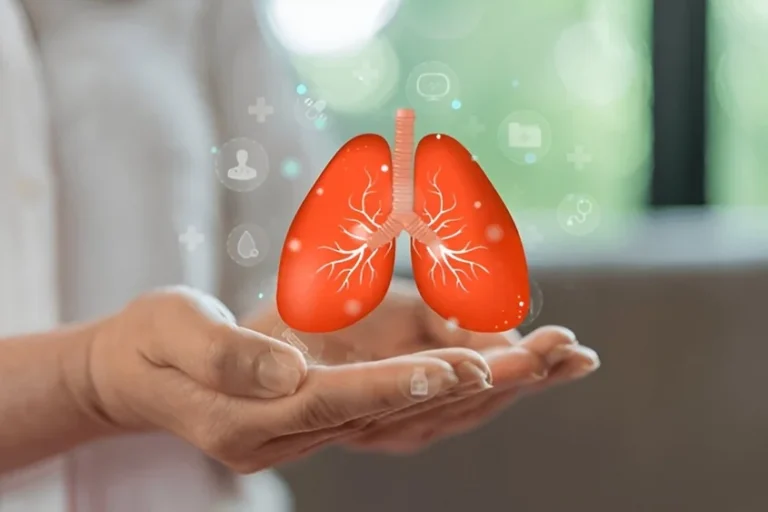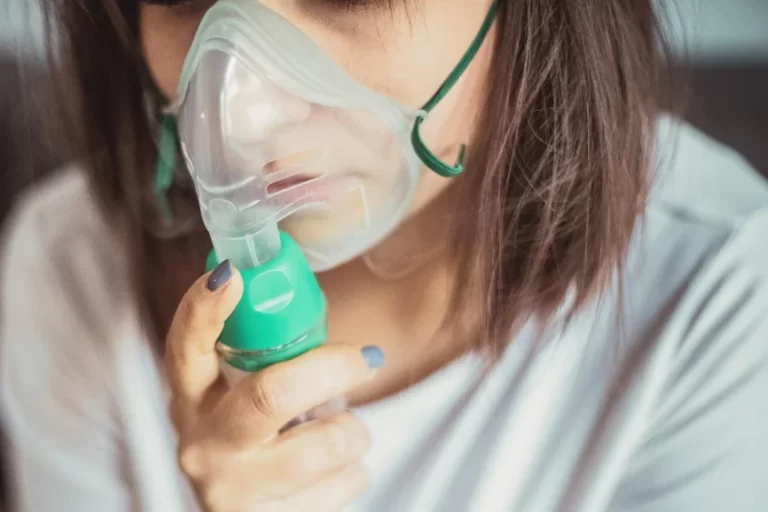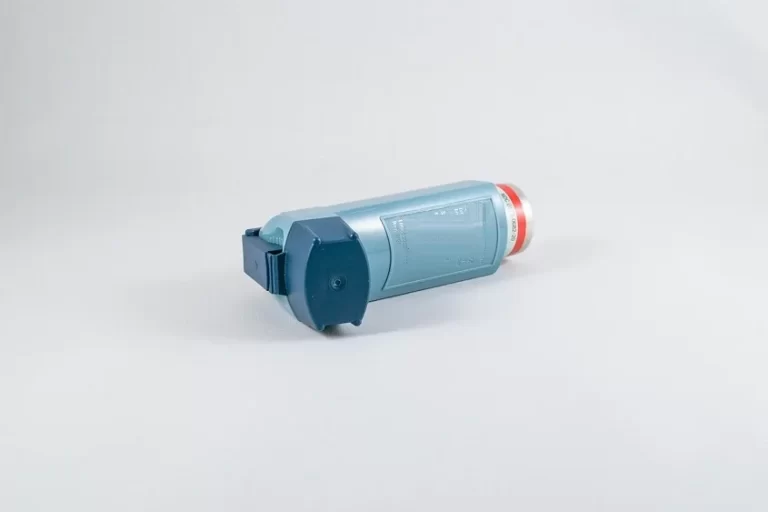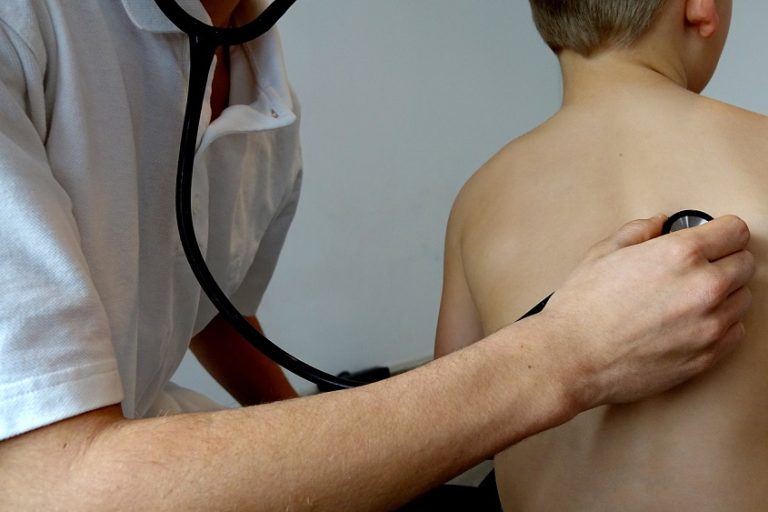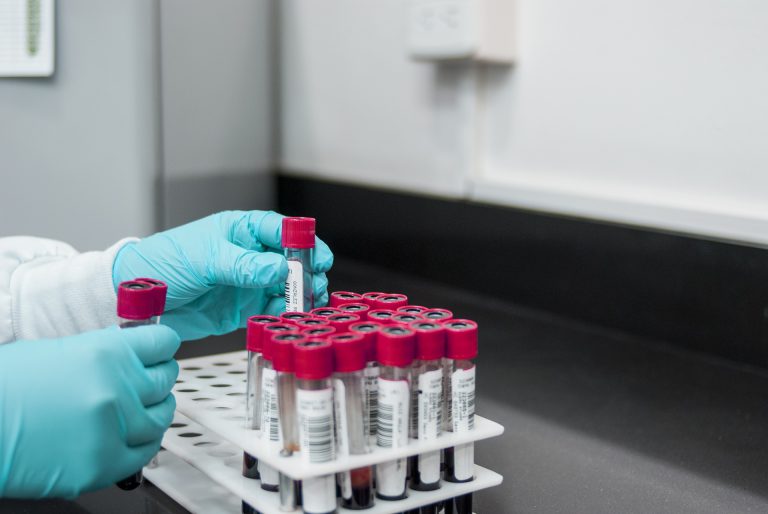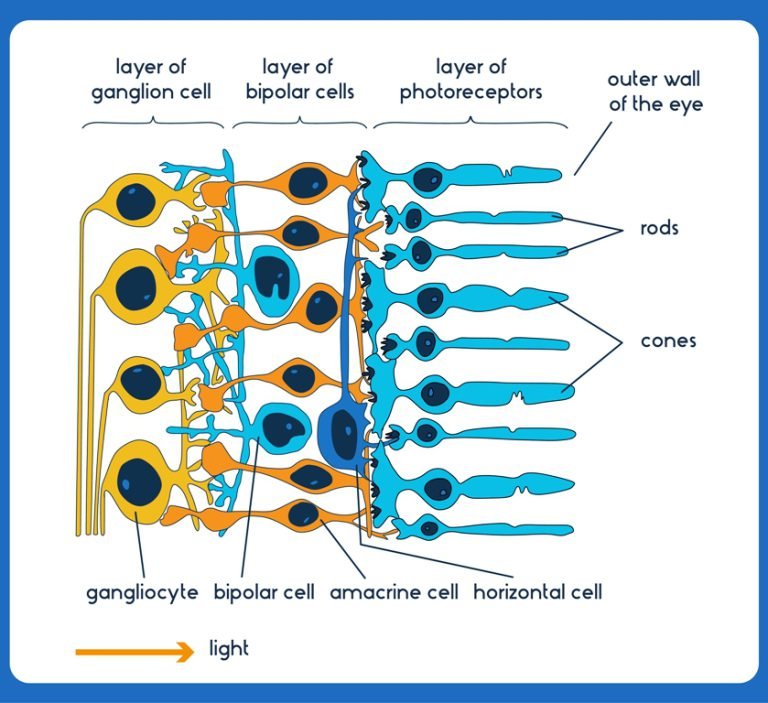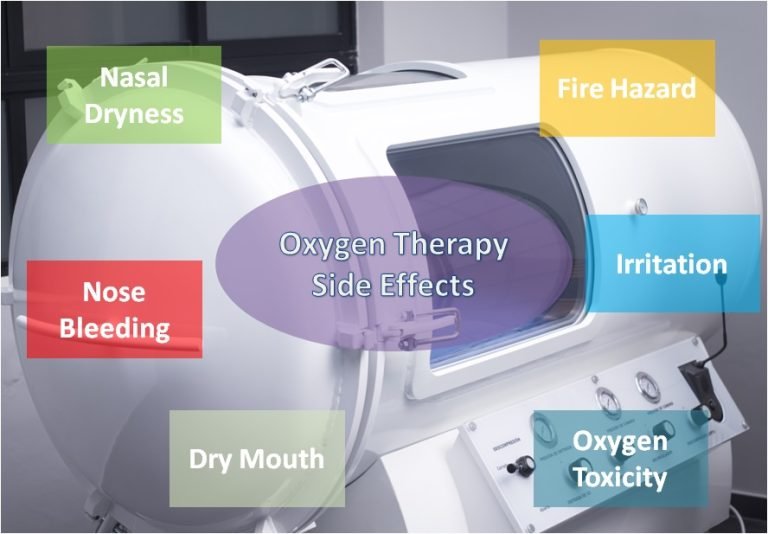Browsing: Respiratory Illness
 The page provides quick access to a list of common lungs and respiratory diseases, syndromes, health conditions, and other topics of health importance. The list is organized alphabetically. Links are provided to respective diseases sections that serve as a comprehensive and ultimate guide about the disease or health condition.
The page provides quick access to a list of common lungs and respiratory diseases, syndromes, health conditions, and other topics of health importance. The list is organized alphabetically. Links are provided to respective diseases sections that serve as a comprehensive and ultimate guide about the disease or health condition.
Each breath allows our lungs to inhale oxygen from the air and transport it to the bloodstream. Oxygen is highly essential for our body’s growth and function. People suffering from a lung disease may face difficulty in breathing, experience cough and cold, chest tightness and congestion in their lungs and throat.
Lung diseases indicate improper functioning of your respiratory system. Smoking, lung infections, environmental factors and hereditary concerns are the major factors responsible for lung diseases. These factors may damage the lungs and can lead to respiratory failure, in severe cases.
Lung diseases are the third most leading cause of death in the United States. They are responsible for about one in seven deaths worldwide and also a foremost cause of death among infants under the age of one. About 10 million people suffer from lung disease in the U.S.
Common lung diseases which severely affect the human population include asthma, chronic obstructive pulmonary disease, lung cancer, and infections like influenza, pneumonia and tuberculosis.
Multidisciplinary Strategies for Asthma Management in Elderly Patients
Asthma management in elderly patients presents unique challenges that require a comprehensive and multidisciplinary approach. As the aging population continues…
How to Keep Your Lungs Healthy: Simple Tips for Better Breathing
When we talk about overall health, one of the most important but often overlooked aspects is lung health. Our lungs…
Childhood asthma can be troublesome to live with, depending on the severity of the condition and how well-managed it is.…
Oxygen Therapy: Who Is It for and What Are the Benefits?
The fundamental purpose of oxygen therapy is to help provide and maintain healthy blood oxygen levels. Someone who is suffering…
Anoro Ellipta Price: Understanding the Cost of Anoro Ellipta Inhaler
Anoro Ellipta Inhaler is an extended-time period preservation remedy for chronic obstructive pulmonary sickness (COPD), together with continual obstructive pulmonary…
The Connection Between Bronchitis and Other Respiratory Illnesses
Bronchitis is a respiratory illness that can be caused by viral or bacterial infections, and it is characterized by inflammation and narrowing of the bronchial tubes. It is often associated with other respiratory illnesses such as asthma, chronic obstructive pulmonary disease (COPD), and pneumonia. People with bronchitis are at risk of developing these other respiratory illnesses and vice versa.
Acute bronchitis is caused by viral or bacterial infections and exposure to irritants such as pollution or smoking, which can lead to inflammation and narrowing of the bronchial tubes. Risk factors include smoking, exposure to pollution, and a weakened immune system.
Serum IgE Test – Procedure, Preparation, Results, and Cost
The total IgE serum test, often called a Serum IgE test, measures the amount of immunoglobulin E (IgE) in a…
Asthma in pregnancy can have serious effects on the health of a pregnant woman as well as the fetus. Uncontrolled asthma lowers the oxygen levels of the mother’s blood. Since the mother’s blood provides oxygen to fetus, this can decrease oxygen levels in the fetal blood. As a result, it may lead to impaired fetal growth and survival.
Oxygen therapy is a treatment that is given to COPD people when they have extremely low levels of oxygen in their blood (called hypoxemia). Oxygen therapy is used for providing supplemental or extra oxygen to COPD patients. It provides many benefits but also has some side effects which should be known to patients before opting for the oxygen therapy.




